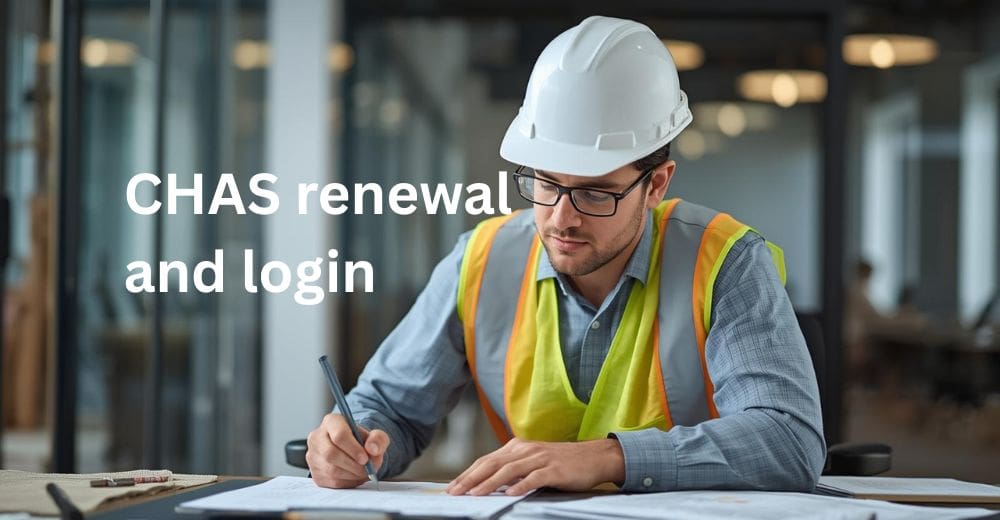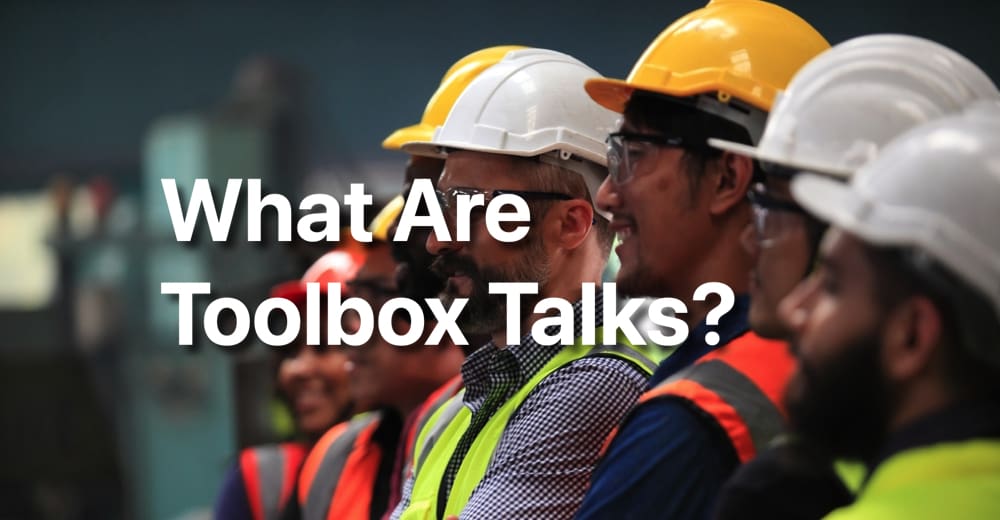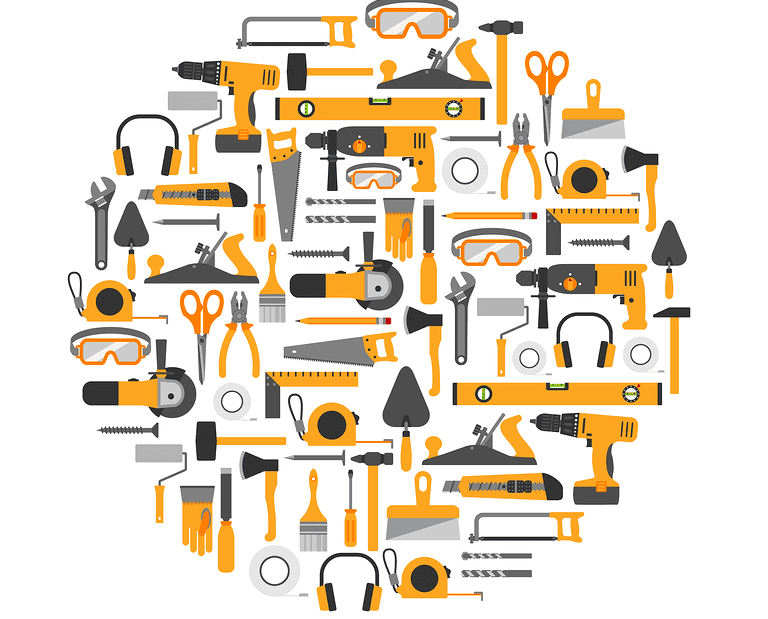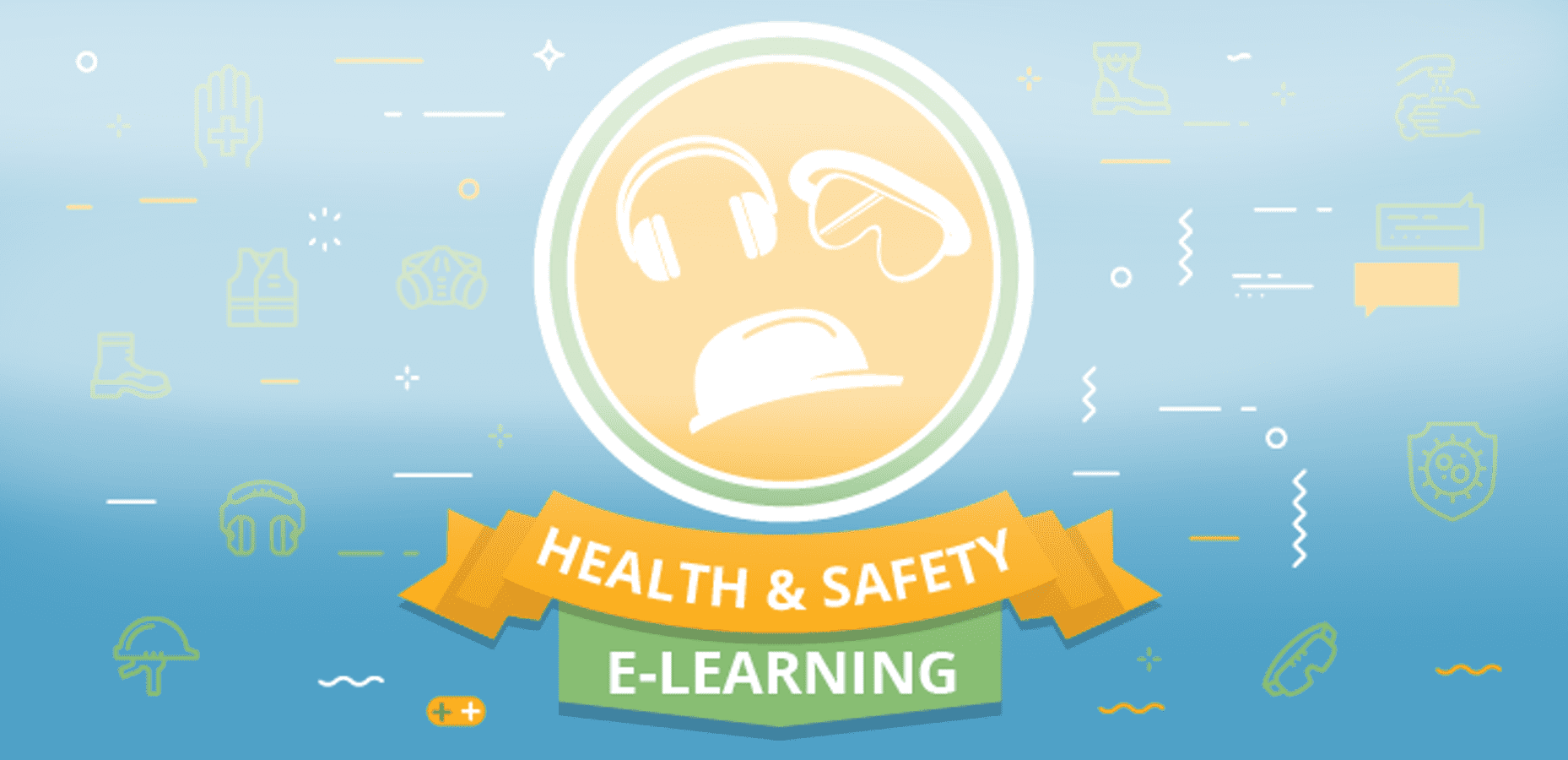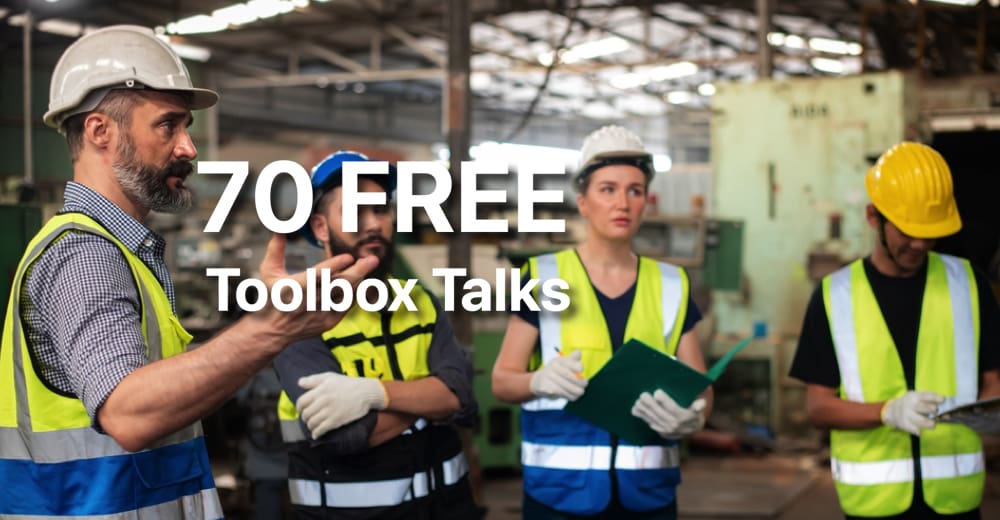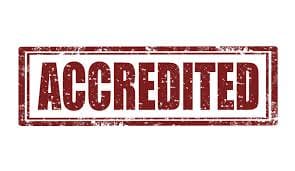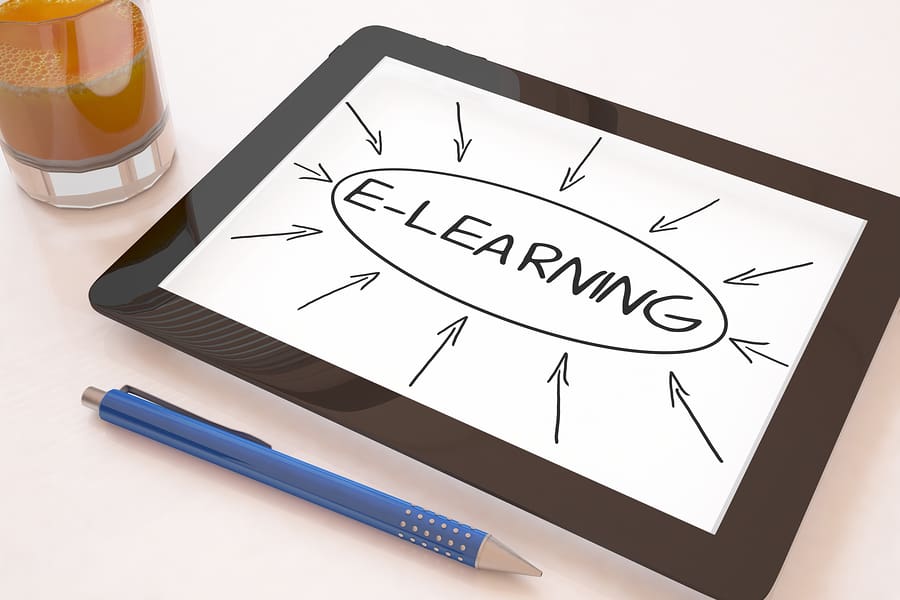CHAS Renewal & CHAS Login: Complete Guide for UK Contractors
If you’re a contractor or construction business using CHAS for your SSIP accreditation, you’ll need to keep your certification renewed every year. Many businesses lose work because their CHAS accreditation expires—usually because the renewal process isn’t started early enough or login issues delay the submission.
This guide covers exactly how to:
- Let Seguro complete the CHAS renewal for you. For a very small fee we can take the pain away.
- Log into the CHAS portal
- Start your CHAS renewal application
- Upload required evidence
- Avoid common renewal failures
- Stay compliant and win more work
STOP THINK
There is a quick way to renew your CHAS. We renew over 1,000 CHAS applications per year. We can do it for you. CALL 0800 031 5404 during office hours or complete the form on the link below:
Get your CHAS renewal within a few days with zero pain! from £300
CHAS renewal
You have to renew your CHAS accreditation every year.
The CHAS accreditation process reviews your company’s ability to perform your activities complying with Health & Safety every year.
Documentation is provided on recent jobs and processes you are working on at the time of application. As these could change within 12 months, CHAS has a process where each application is seen as new and lasts for 12 months.
CHAS assesses your Health & Safety, which is done remotely; you get access to an online portal once you have paid. Once everything is uploaded to the portal, you can submit it for approval.
The CHAS assessor will take up to 10 working days to reply to your submitted documentation with their findings.
Renewal costs
CHAS offers three membership packages with different levels of accreditation:
CHAS Standard
The entry-level package includes a health and safety assessment and SSIP accreditation. CHAS membership fees
CHAS Advanced
The mid-range package includes all the Standard package benefits, plus helps you achieve SSIP and PAS 91 accreditation. CHAS membership fees
CHAS Elite
The highest level of accreditation includes all the benefits of the other packages, plus access to the Common Assessment Standard. CHAS membership fees
How to renew your CHAS accreditation
To renew your CHAS membership, you can:
- Let Seguro do it for you or:
- Log in to your MyCHAS portal
- Review your current health and safety practices
- Click Renew
- Complete the renewal application
- Pay the renewal fee
- Submit your renewal application
- Await the assessment results
- Update your company records
If you can’t log in
Common issues:
-
Wrong email linked to your CHAS account
-
Password expired
-
Account locked due to inactivity
-
Renewal overdue
Fixes:
-
Use “Forgot Password”
-
Check the original registration email
-
Contact CHAS support if your account is blocked
CHAS Renewal: What It Means
CHAS accreditation lasts for 12 months, after which you must renew to remain certified and visible to buyers.
A CHAS renewal involves:
-
Updating your insurance documents
-
Refreshing RAMS, policies, and training records
-
Uploading evidence of compliance
-
Completing the online assessment questionnaire
-
Meeting any new CHAS requirements for that year
When to Start Your CHAS Renewal
CHAS recommends starting 6–8 weeks before your expiry date.
Why early renewal is essential:
-
Insurance documents may need updating
-
Training records may be outdated
-
Missing documentation causes delays
-
You risk losing tenders if your certificate lapses
Documents You Need for CHAS Renewal
Most contractors will need:
Mandatory
-
Employers’ Liability Certificate
-
Public Liability Certificate
-
Health & Safety Policy
-
Risk Assessments & Method Statements (RAMS)
-
Training certificates (CSCS, CITB, Asbestos Awareness, etc.)
Depending on your work
-
PUWER / LOLER evidence
-
COSHH assessments
-
SSOW (Safe Systems of Work)
-
Subcontractor approval process
-
First aid training
If anything expired since your last CHAS assessment, you must replace it before renewal.
Common CHAS Renewal Mistakes
Most renewals fail because of:
❌ Outdated insurance
❌ Missing RAMS
❌ No training evidence
❌ No subcontractor vetting system
❌ Outdated policies
❌ Not addressing changes in legislation
Fix these early, and your renewal will be smooth.
How to Make CHAS Renewal Easy
Many contractors outsource CHAS renewals because the documentation can be time-consuming. A consultant can help with:
-
Completing the online assessment
-
Uploading compliant evidence
-
Creating missing documents
-
Fixing non-conformities
-
Managing the entire renewal on your behalf
If you struggle with CHAS, outsourcing saves time and prevents failed submissions.
Why CHAS Renewal Matters
Renewing CHAS accreditation helps you:
- Stay compliant with UK health & safety law
- Win more tenders
- Stay active on buyer platforms
- Build trust with clients
- Demonstrate competence and professionalism
If your CHAS expires, many contractors will no longer be eligible to work on certain sites.
Need Help With CHAS Renewal?
If you want fast, stress-free CHAS renewal assistance, I can generate:
✔️ CHAS-ready RAMS
✔️ Updated safety policies
✔️ Subcontractor procedures
✔️ Compliance documents
✔️ Renewal checklists
✔️ CHAS explainer videos or PPTs
✔️ Lost your CHAS login
Just tell me what you need.
Get Your CHAS renewal within a few day with zero pain! from £300
MyCHAS Portal
You can use the MyCHAS portal to:
- Manage your profile
- Monitor your accreditations
- Access exclusive benefits
- Upload supporting documentation
- Access accreditation documents and assessments
- Complete assessments and get feedback
- Update accreditation progress and download certificates
You should receive a renewal invitation email about four weeks before your membership expires. Use your CHAS login detail to start the process.
Learn more about CHAS
We have a series of articles where you can learn more about CHAS. The list of articles is below:
- What is CHAS
- CHAS accreditations
- CHAS registration
- Guide to CHAS
- CHAS accreditation cost
- SIPP accreditation and CHAS
- CHAS assessment criteria
- CHAS deem to satisfy
- CHAS Training Guidance
- Competent person and CHAS
- CHAS support
If you have any questions on what is CHAS accreditation please get in touch.


